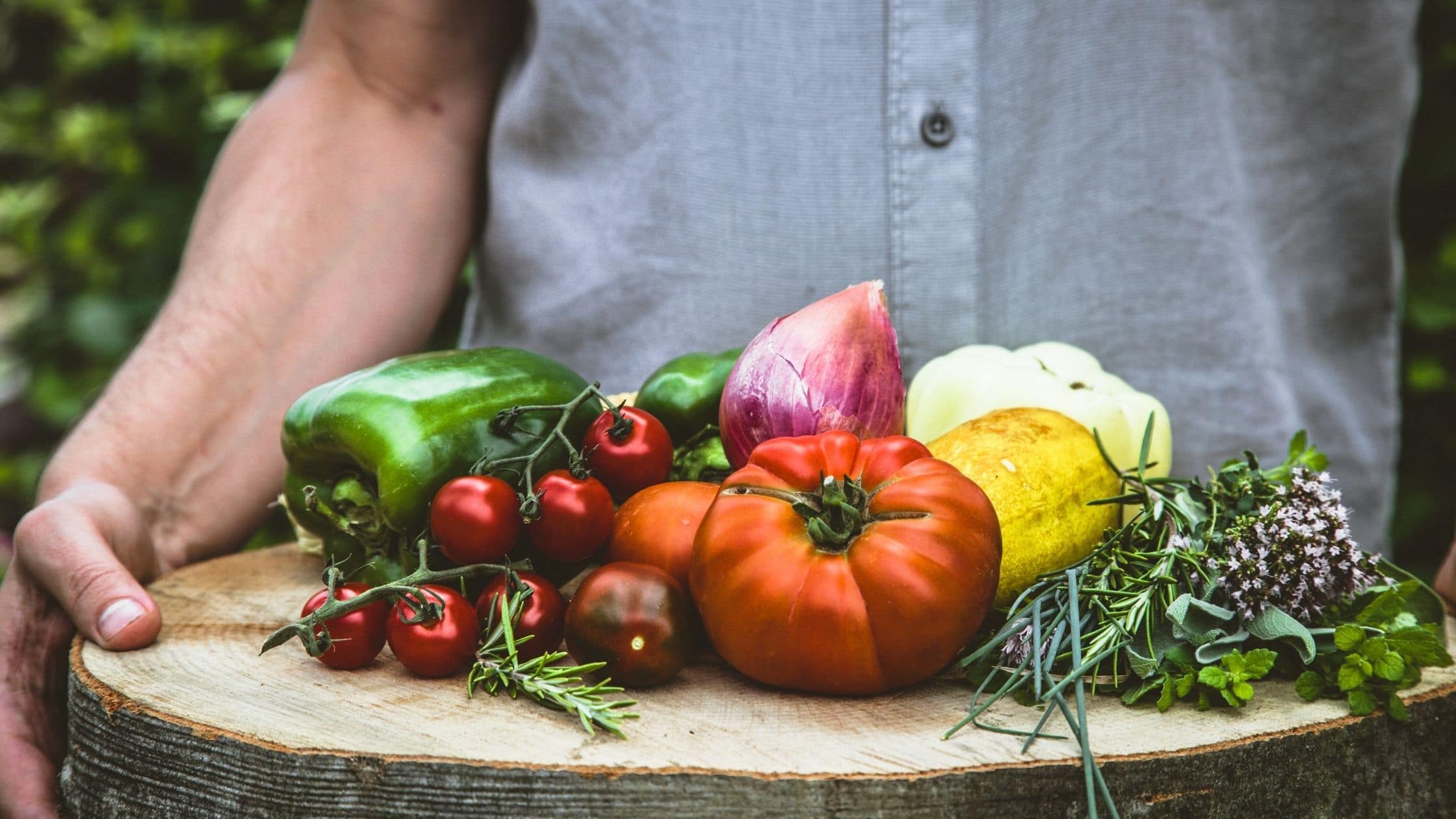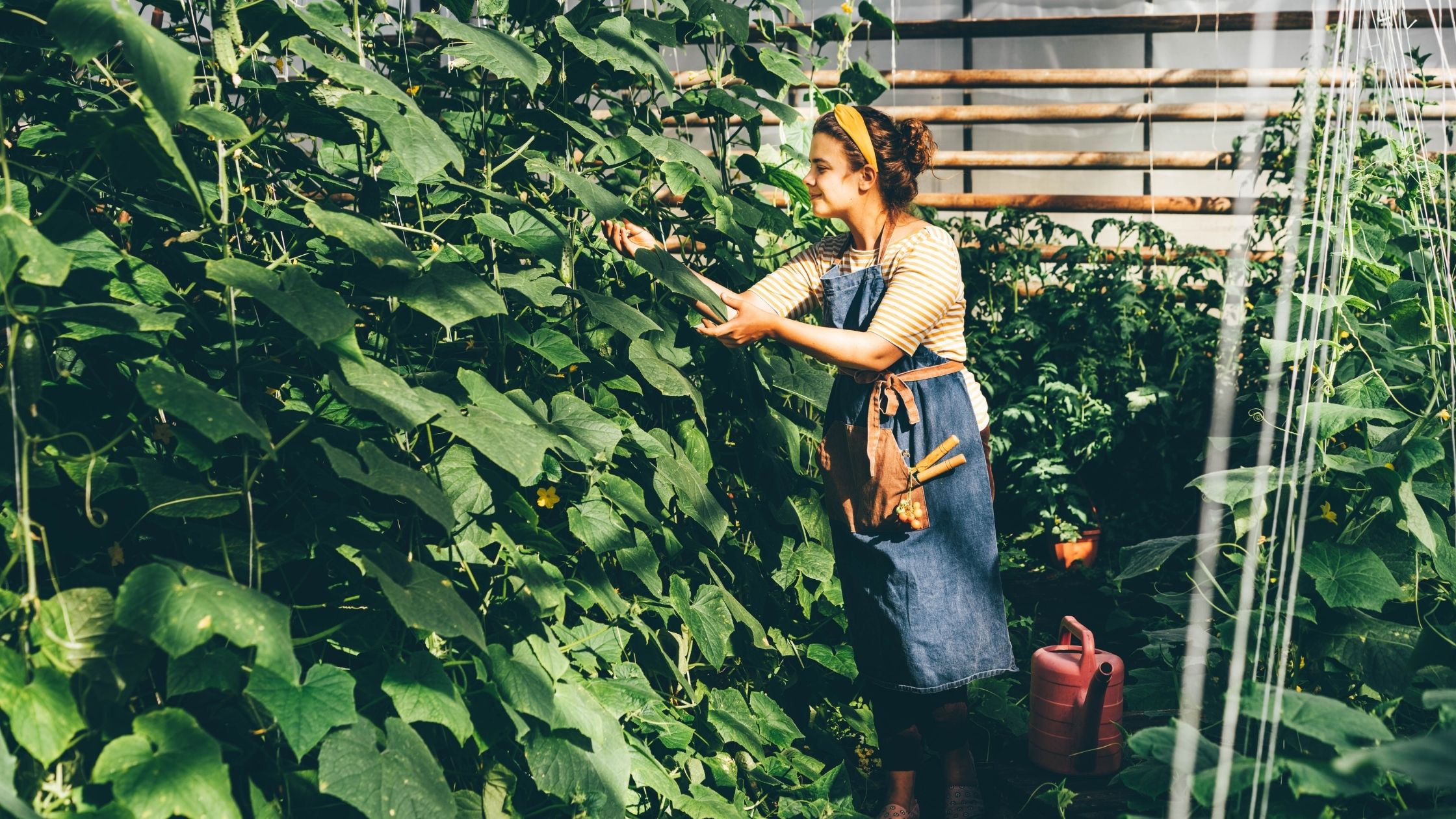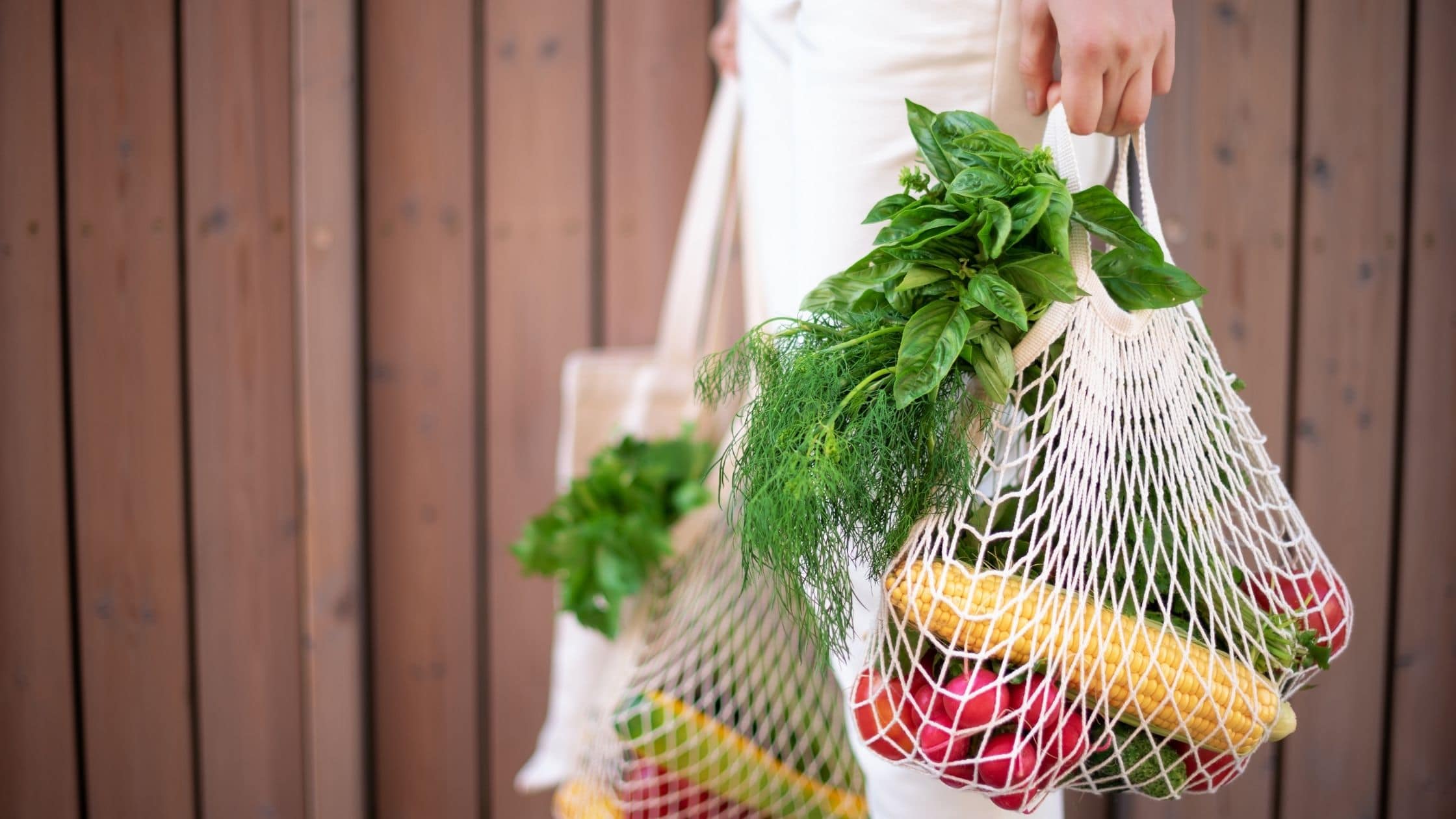Would you embrace a lifestyle that shuns away all ideas of commercialism, capitalism, and basically any activity that is considered over-indulgence? Would you want to live an extremely frugal lifestyle where you avoid buying or spending on even the most basic necessities like food, clothing, and the use of electricity?
It may sound ridiculous but there’s a certain ideology—called Freeganism—that is gaining more traction and followers. And yes, among their practices and beliefs is their avoidance of buying the food they eat. Freegans, as they are called, would rather forage or scavenge for their food.
Is eating thrown out food ok? This question can be answered in different ways, depending on which discipline or sector of society you’re coming from. Freegans will give you answers that are around the concepts of waste minimisation, waste reclamation, and preservation of natural resources and the environment.
The idea of Freeganism is more complex than you would think. Freeganism encompasses the virtues of altruism, generosity, frugalism, and thriftiness. It can also also be described as a sort of political protest, a new sector of society, and a controversial change in lifestyle.
To give you more ideas about Freeganism, we have to delve deeper. We’ll then give you the option to answer the presented question on our title.
What is freeganism?

Freeganism is the combination of the words “free” and “vegan”. Vegans do not consume animal products unless it is about to be thrown away. Its philosophy started in the mid-1990s by the founder of Food Not Bombs. Pamphlets were circulated to explain the Freegan lifestyle as an alternative to overconsumption and overproduction of waste.
Since then, Freeganism has evolved from the choice of food into a lot of other things and activities. The ideology has slowly crept into the concepts of human rights, anti-capitalism, and morality. The broadness of this ideology has presented itself into more applications and practices; leading to more followers and practitioners.
Listed below are ideals and applications of the Freegan philosophy:
Freegans are anti-capitalism and against profit-making
Instead of buying and purchasing their basic necessities (food, clothing, and toiletries), they’d go into scavenging for them. They don’t want to work to earn money. They’d rather go into volunteering in exchange for the personal items they need.
The Freegan practice is a continuum
The lifestyle of Freegans widely differs from each other. They may share similar philosophies but the extent of their lifestyle changes may be greatly dissimilar.
There is a line drawn between casual Freegans and extreme ones. Some would salvage discarded food but will not consume those found in dumpsters. Others would scour dumpsters and consume food that is still in packages. Extreme Freegans, on the other hand, choose to live in a remote area, away from civilisation.
Urban foraging is a way of minimising waste
Freegans salvage things that others have discarded. They gather scrap from construction sites, check curbside bins for usable items, and yes, they forage dumpsters for their supplies.
According to Freegan.info, all the things that they need can be found in the trash of others. Urban foraging is their version of a supply store but you get the items for free. The items that they can forage ranges from small usable items like cups and trinkets to large furniture.
The items that Freegans don’t need are brought to their “freecycle” or “bartering sessions”. Such items are as well shared with others as presents and gifts.
Freegans are active participants of urban guerilla gardening
One of the interesting campaigns Freegans do is the ability to try and grow their own food for long-term sustainability. Those who have their own lot and properties have started growing crops that are naturally grown and without any use of industrial chemicals and pesticides.
However, one issue has arisen that caused some complaints from the community. Some Freegans who don’t have any property have resorted to squatting vacant lots for their farming activities.
Benefits of Freeganism
- Waste is minimised due to the salvaging of food and items that are otherwise sent to landfills.
- Some “treasures” that may still be of great use can be found from dumpster diving and foraging.
- Ecofriendly means of transportation like using bicycles instead of gasoline-fueled vehicles is a win-win for everyone.
- Social networking for Freegans has sprouted everywhere. These networks are used to share and announce free housing, free travel accommodations, and events for meetups and sharing of resources.
- Their “Go Green” movement, which focuses on growing their own veggies for sustenance, is a great alternative to exploitative and ecologically destructive methods of food production.
- Freegan practices can be adapted by businesses and help them in their waste campaigns.
Why Freeganism is controversial
The ideals and virtues that are exhibited by Freeganism cannot be questioned. If we want to change the world to become better than it is right now, the beliefs and some of the practices of Freegans are what we should do to make it happen.
However, at the extreme end of the Freegan spectrum lie some questionable acts that could irritate others or are considered to be unlawful and unhealthy.
Here are some situations that present Freeganism in a negative light:
- Food foraged from dumpsters and unsanitary areas can be dangerous to one’s health.
- There’s no guarantee that one can find food on a regular basis. Some Freegans may starve for days.
- Due to their beliefs and practices, Freegans may be deprived of adequate nutrition as well as much needed medical services.
- Some areas that they use for their free-rent housing and guerilla gardening are squatted and privately owned.
Should freeganism be banned?

The practice of Freeganism itself does not violate any law. Moreover, every individual has the right to freedom of choice. If a person chooses to be a Freegan and live his life according to the beliefs and practices of Freeganism, we cannot refute that.
Moreover, most, if not all of the advocacies of Freeganism are possible solutions to our compounding waste and ecological problems. We are wasting 30% of our produced food. Our landfills are filled with food waste, reusable, and recyclable items.
All sectors of society are doing their part in promoting awareness and participation in waste minimisation and management. The Freegan movement is a sector that is answering the call. Banning Freeganism should not be an option, for sure.
However, there should be respect and consideration for all sectors of society at all times. Some Freegans have been reported to be squatting over private properties without the knowledge of the owners. There have also been reports of theft and barter scams involving Freegans. Unlawful acts or disregard of the rights of others should not be tolerated.
Freeganism facts
- Although the term was first used in the 1990s, the origin of Freeganism can be traced back to the 1960s.
- Freegans look at money as the least of their priorities.
- The community of Freegans is vast. Social networking is their main way of survival.
- Freegans rely on their environment (ecologism) and on each other for their free resources.
Final Thoughts
Freeganism is a choice and not a necessity. There are practitioners of this ideology who are not from the lowest sectors of society. These are educated activists that made a choice on how to live their lives. We cannot judge them by making such a choice.
As a final note, now that we know that the salvaging of thrown out food is not just a necessity but a statement for Freegans. Do you find such practice acceptable? Is eating thrown out food ok for you? Share your thoughts with us.







